Mighty Soviet tennis! From the battle between Kenin and Gracheva, look at the fighting national tennis talent
In the first round of the 2025 French Open, a seemingly ordinary match attracted attention because of the identities of two players - Sofia Kenin of the United States against Varvara Gracheva of France. Kenin was born in Moscow to Soviet immigrant parents and was naturalized after moving to the United States with his family as a child. Gracheva, on the other hand, is originally from Russia and became a French citizen in 2023 through the naturalization process. The meeting between these two players is not only a battle on clay, but also a remarkable phenomenon in tennis today: players of Soviet origin are now dominating half of professional tennis as a transnational team.
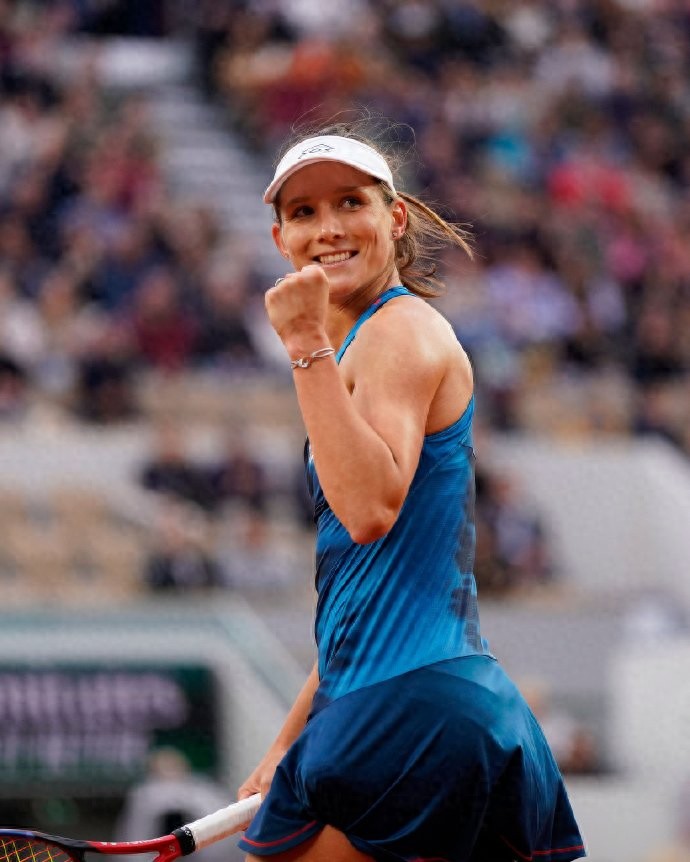
The career trajectories of Kenin and Gracheva are a microcosm of the flow of sports talent after the collapse of the Soviet Union. Kenin, a former French Open runner-up and Australian Open champion, represented the United States but grew up in a Russian-speaking environment, where her parents deliberately preserved Russian cultural traditions and even used Russian to communicate in the locker room. The duality of this identity not only allows her to have a solid bottom line in Eastern Europe and an American offensive in terms of technical style, but also limits her "popularity" in the United States. Originally a Russian player, Gracheva became the country's No. 2 women's singles player after transferring to France in 2023, and reached the round of 16 as the host at the French Open in 2024, losing to 17-year-old dark horse Andreeva. Her transition is a reflection of how players trained in the Russian sports system can continue their careers through "nationality transfers" and gain home advantage through their new status. Behind this competition is the global migration and integration of sports talents after the collapse of the Soviet Union. This phenomenon is by no means unique, as there are many top players in the current squad with ties to Russia or the Soviet Union.
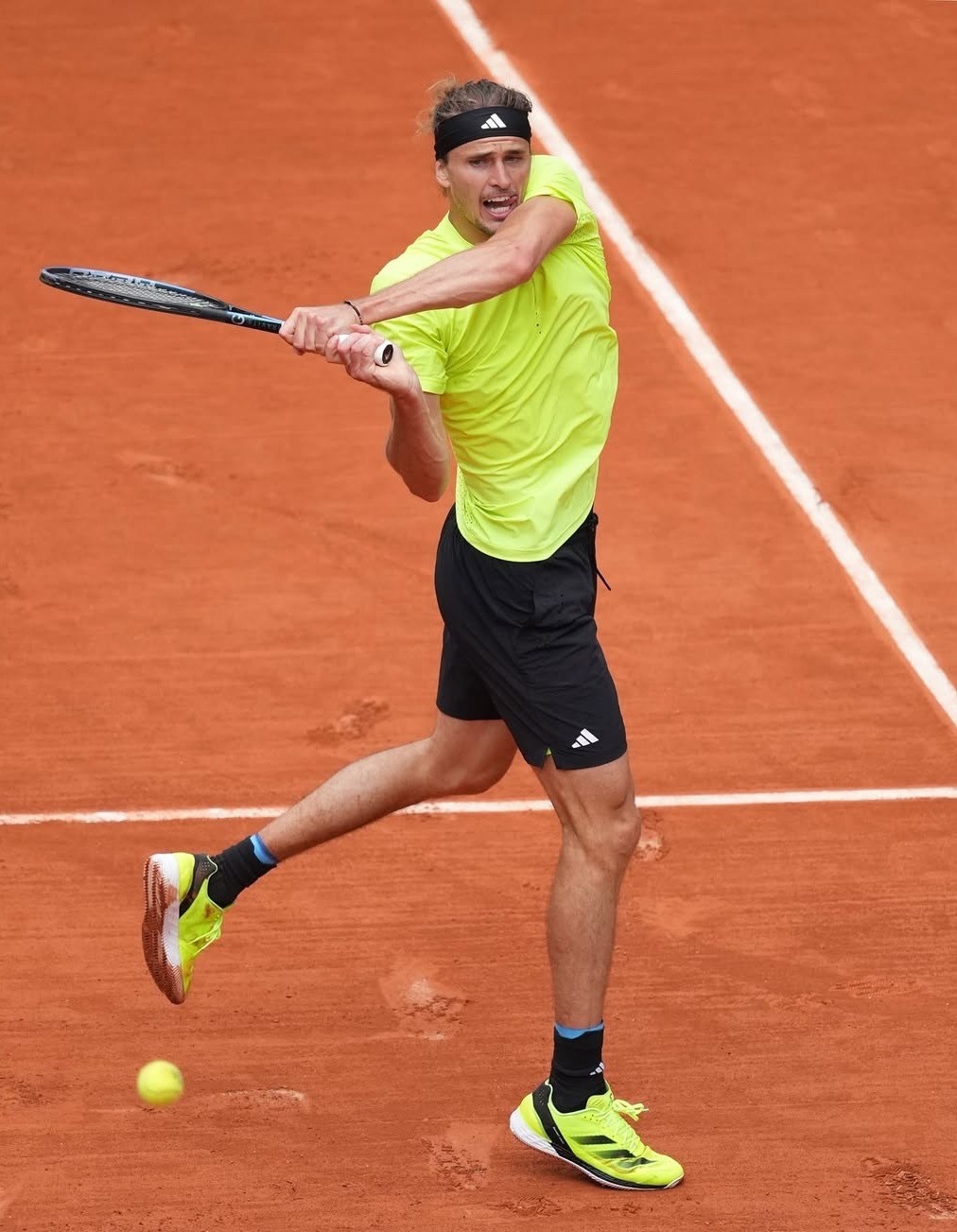
Tsitsipas, Greece's first Grand Slam semi-finalist, is the mother of Julia Sarnikova, the number one female tennis player in the Soviet Union in the 80s. Educated in Russian from an early age, he claimed to have inherited the "Spartan fighting spirit" and regarded this spirit as the foundation of technical comprehensiveness; Zverev, a famous German player, was born to Soviet professional footballers, and his father was a member of the Soviet Davis Cup. Although he insisted that he was "entirely German", he frankly admitted that his Russian roots gave him "a fighting spirit that will never give up"; Anisimova is an American rising star whose parents were Russian immigrants. She is regarded as the "Sharapova's successor" with her cold "killer" style and her record of reaching the semifinals of a Grand Slam at the age of 17.
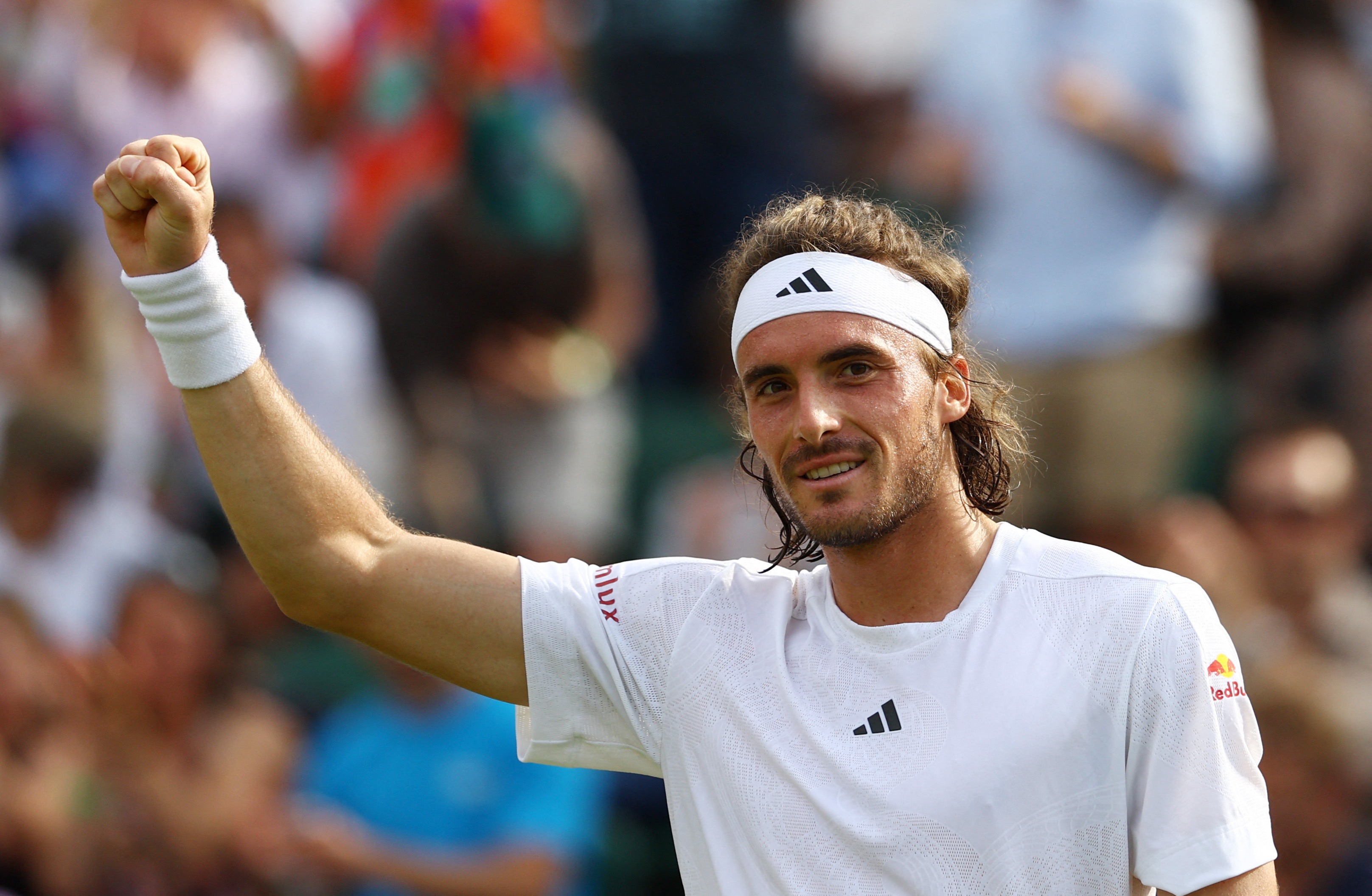
In addition, the rise of Russian players such as Medvedev and Rublev, as well as the presence of stars such as Shapovalov, together with a large number of stars from all Ukraine (Bondarenko sisters, Kosyuk), Belarus (such as Sabalenka, Azarenka), and the three Baltic countries (such as Ostapenko, Kanepi), together build a huge "Soviet tennis gene network". These players either directly represent the countries of the former Soviet Union or are integrated into other national teams as descendants of immigrants, forming a technical and spiritual heritage that transcends national borders.
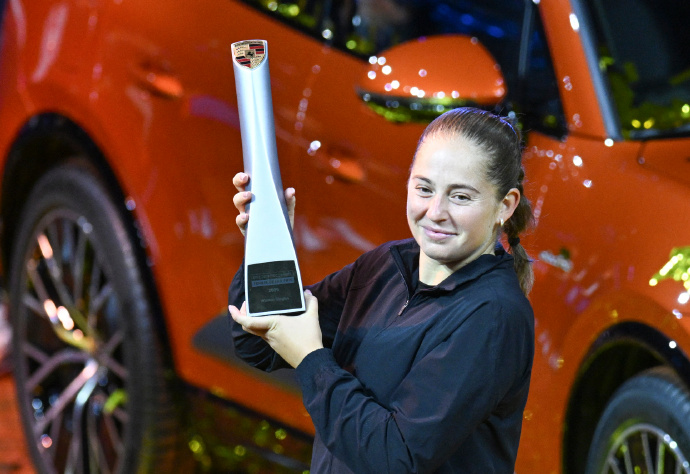
In the 80s and 90s of the last century, American players such as Sampras, Agassi, Evert, etc., almost monopolized the Grand Slam tournament. Whether this dominance is related to the background of the Cold War can be glimpsed from the historical context: First, sports are an ideological battlefield, and during the Cold War, the United States and the Soviet Union regarded sports competition as proof of the superiority of the system. The U.S. cultivated talent through a commercial tennis league and a collegiate athletic system, while the Soviet Union strengthened youth training with a national system. Despite the different paths, both countries have incorporated tennis into their national strategies; Secondly, the collapse of the Soviet Union and the brain drain, after 1991, the Soviet sports system collapsed, and a large number of coaches and athletes emigrated to Europe and the United States. Zverev's parents moved to Germany under the guise of the game, and Tsitsipas's mother went to Greece to coach, these individual choices laid the groundwork for the cross-border rise of the next generation of players; Finally, there is the fusion of technical styles, with the Soviet system emphasizing baseline endurance and tactical discipline (e.g., Gracheva's clay adaptability), while American training focuses on serving and attacking at the net. Today, descendants of immigrants like Kenin are combining the two styles to create a new competitive advantage.
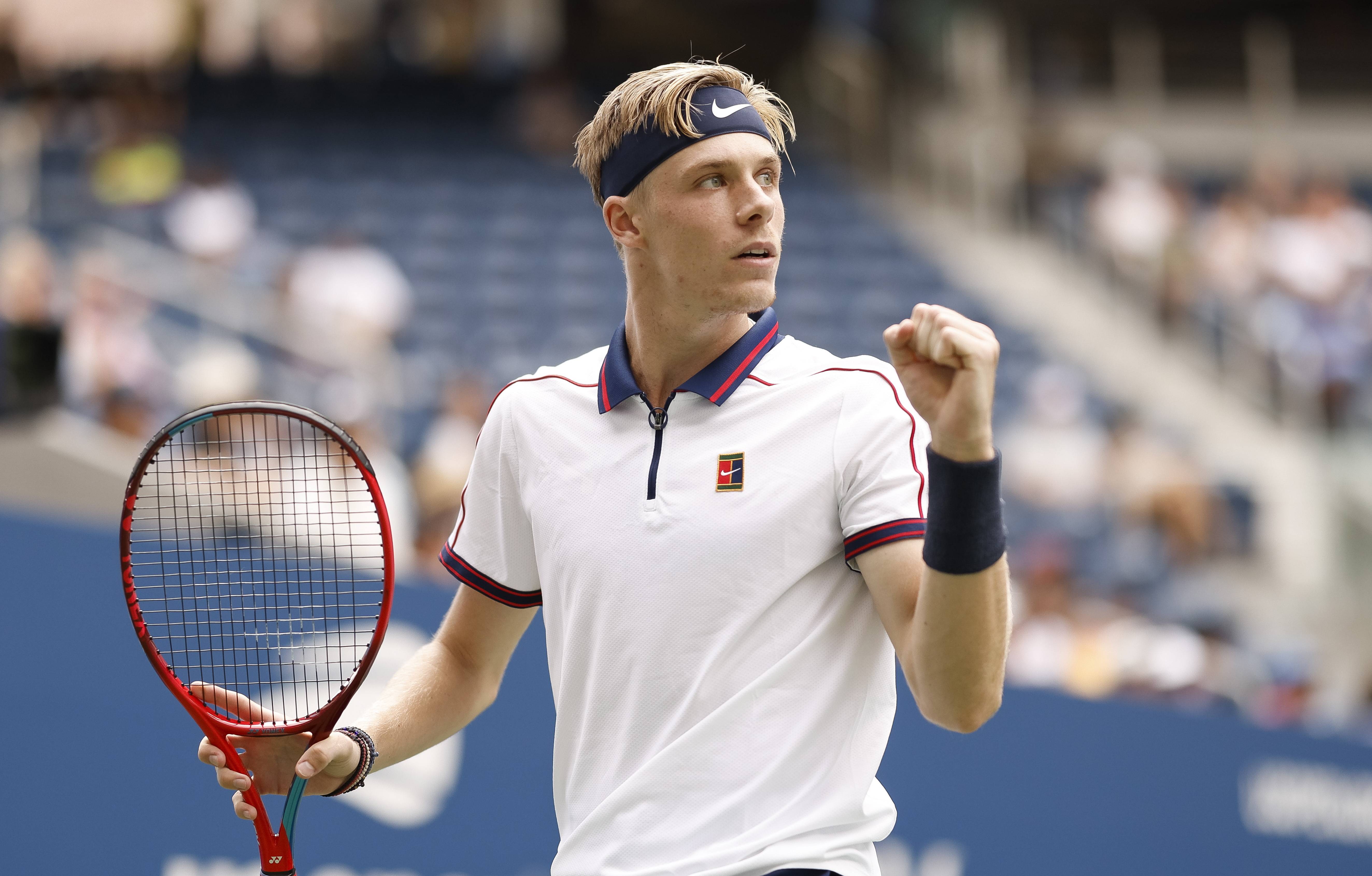
The fact that players of Soviet origin have been able to occupy a large part of the country in the 21st century is not only the result of individual struggle, but also the product of historical changes. The complexity of their identities, such as Kenin's clash between "cultural Russians" and "legal Americans" or Gracheva's "naturalization strategy", reflects the redefinition of nationality and belonging of athletes in the era of globalization.

Looking back at the Cold War, the United States shaped its tennis hegemony through institutional superiority; And today, the Soviet legacy is quietly reshaping the movement through cross-border mobility. When Zverev lifts the podium at the French Open, or Tsitsipas roars at the Australian Open, spectators see not only individual glory, but also a sporting epic that spans the Iron Curtain. (Source: Tennis Home Author: Xiaodi)







 Links
Links
 Contact
Contact
 App
App


